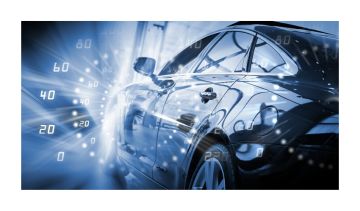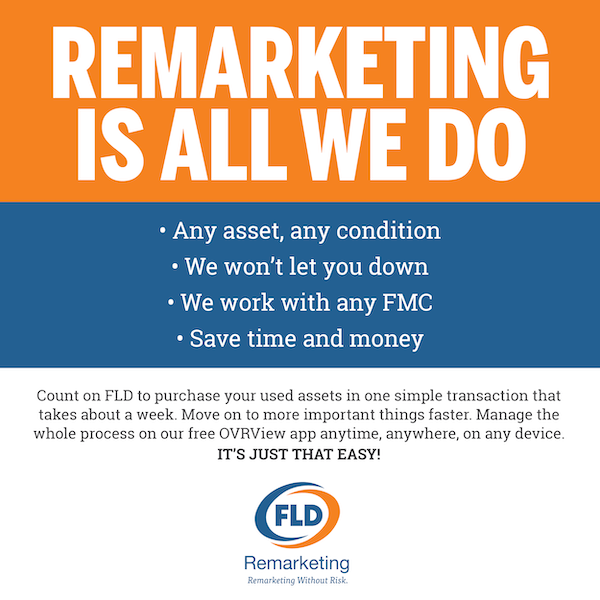
Congress is moving ahead with plans to let self-driving cars be tested on U.S. roads without having to comply with the same safety rules as regular vehicles.
The Senate will start considering a bipartisan bill next week on the exemption, which the auto industry says is needed to develop self-driving car technology and establish its own set of safety standards.
The industry also says the patchwork of state regulations on self-driving cars is making it harder to test the technology.
The House passed its version of the legislation earlier this month with little opposition. The Senate is expected to vote on its bill in the coming weeks.
Both the House and Senate bills would let automakers test and eventually sell self-driving cars as long as they prove to federal regulators that the level of safety is “at least equal” to current requirements for regular cars.
But safety groups, including Consumers Union, the policy and mobilization arm of Consumer Reports, caution that in the rush to clear the way for self-driving cars, lawmakers aren’t doing enough to ensure people riding in automated vehicles will be adequately protected in a crash.
The danger, they say, is that problems in self-driving car technology won’t be worked out before the vehicles are sharing the road with the public.
Self-driving cars can potentially make our roads safer, but undermining existing safeguards risks tragic crashes that would set them back decades, said William Wallace, policy analyst for Consumers Union.
“Federal law shouldn’t leave consumers as guinea pigs,” Wallace said. “We were hopeful that this bill would include much stronger measures to protect consumers against known emerging safety risks. Unfortunately, in the bill’s current form, it doesn’t.”
The Senate bill was introduced this week by Senate Commerce Committee Chairman John Thune, a South Dakota Republican, and Senator Gary Peters, a Michigan Democrat. A committee vote is expected Oct. 4.
In summaries prepared by Senate staff, the AV START Act would prevent states from regulating most aspects of self-driving cars. Instead, there would be an alternative new federal system for automakers to demonstrate that their vehicles are safe, on a case-by-case basis.
The Auto Alliance, an industry lobbying group, has said exempting the vehicles would speed development of beneficial new transportation technologies. They’ve argued that requiring things like steering wheels and brake pedals, when automated vehicles steer and brake themselves, hinders the industry’s ability to quickly test and deploy self-driving cars.
The Senate bill doesn’t address recent recommendations by the National Transportation Safety Board, following its investigation into a fatal crash involving Tesla’s Autopilot. The NTSB wants automakers to block out certain driver-assist technologies on roads where they’re not designed to work.
So far, senators haven’t acted on requests by Consumers Union and other safety groups to incorporate that recommendation into the legislation.
What the Bill Means for Automakers
The Senate bill, like the version already approved by the House, offers some items sought by automakers and some protections for consumers. The legislation, which would take effect in 18 months, would:
- Allow the deployment of up to 50,000 self-driving vehicles per company in the first year of its application, rising to 100,000 vehicles annually by the third year, exempt from essential federal safety standards. The Senate bill allows twice as many in the first year as the House. Automakers might be able to go beyond the limits by getting exemptions for more than one model. The bill also creates a means to go beyond 100,000 cars for each company, by allowing automakers to petition NHTSA after five years for more vehicles.
- Make clear that federal requirements necessary for human operation, like steering wheels, won’t be required for self-driving cars. Instead, automakers will certify how the automated vehicles are safe on a case-by-case basis in “safety evaluation reports.” (More on that below.)
- Allow testing of self-driving cars nationwide if conducted by employees, and the vehicles aren’t sold or leased to the public.
- Restrict the ability of states and local governments to keep or set their own AV standards.
What the Bill Means for Consumers
The Senate bill would:
- Require companies selling self-driving cars to submit “safety evaluation reports,” spelling out how the vehicles will be safe according to nine separate criteria including crash protection, data recording and cybersecurity.
- Require companies to develop cybersecurity plans to protect car occupants and their data.
- Direct NHTSA to work with state and law-enforcement authorities to research the traffic-safety implications for self-driving cars.
Read the article in Consumer Reports



